Meet Jingshu Lu | Film director & editor
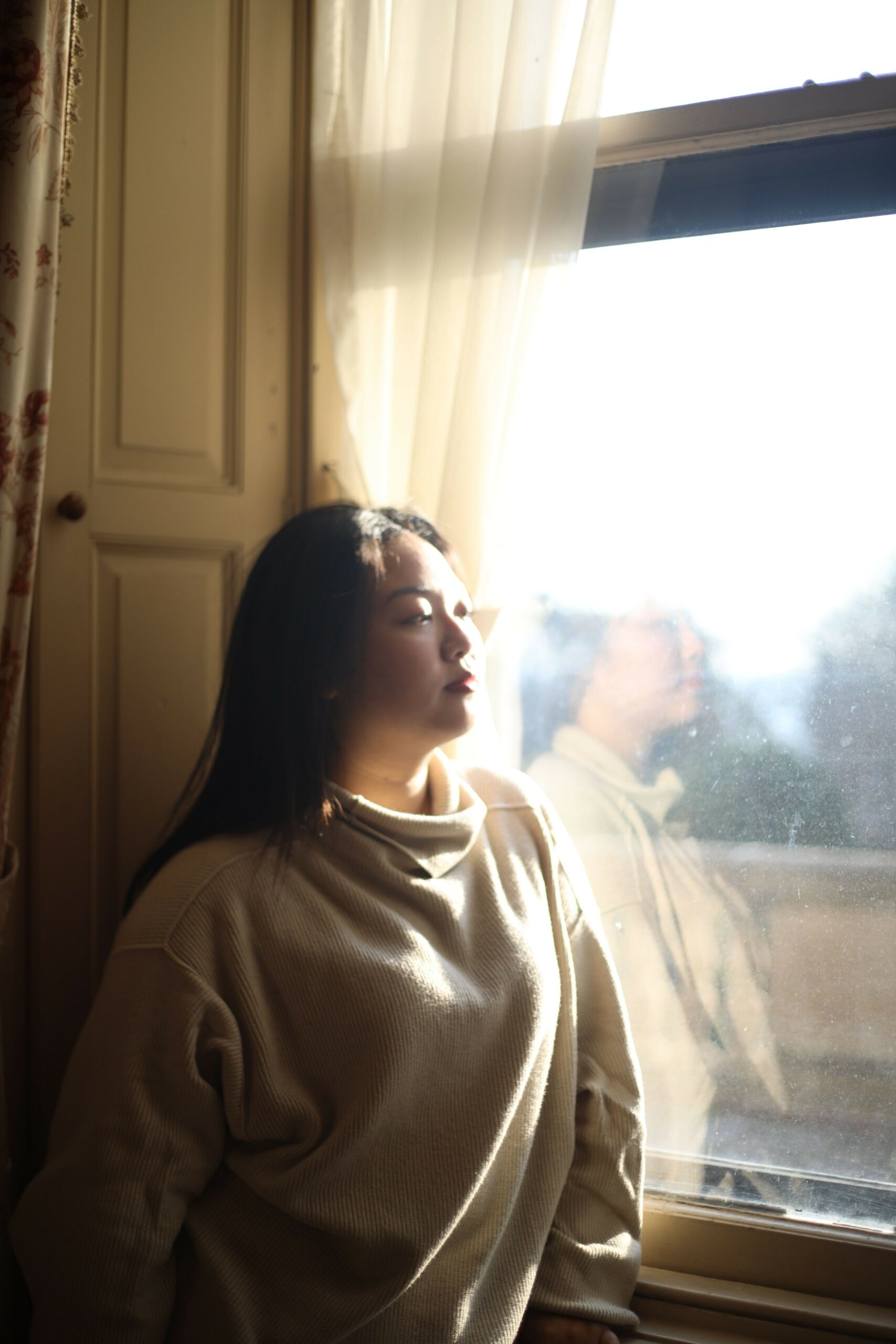

We had the good fortune of connecting with Jingshu Lu and we’ve shared our conversation below.
Hi Jingshu, what was your thought process behind starting your own business?
The drive behind my filmmaking stems from a tapestry of dramatic experiences throughout my life, most of which are intricately shaped by my mother. She is a vivid, emotionally expressive presence—her performative nature has made my own emotional landscape and life journey equally intense and unpredictable. Through this, I’ve come to understand the nuanced complexities within family dynamics and societal structures, especially the shades of gray that define human relationships. Filmmaking, for me, is a way to translate these personal reflections and emotions into a cinematic narrative.
As I’ve deepened my awareness of women’s roles in society, particularly their emotional, psychological, and relational dimensions within the family, I feel an even greater urgency to capture their stories on screen. I want to bring to life the rich, diverse experiences of women across different eras, social classes, and cultural backgrounds. That, in essence, is the true spark that ignited my journey into filmmaking.
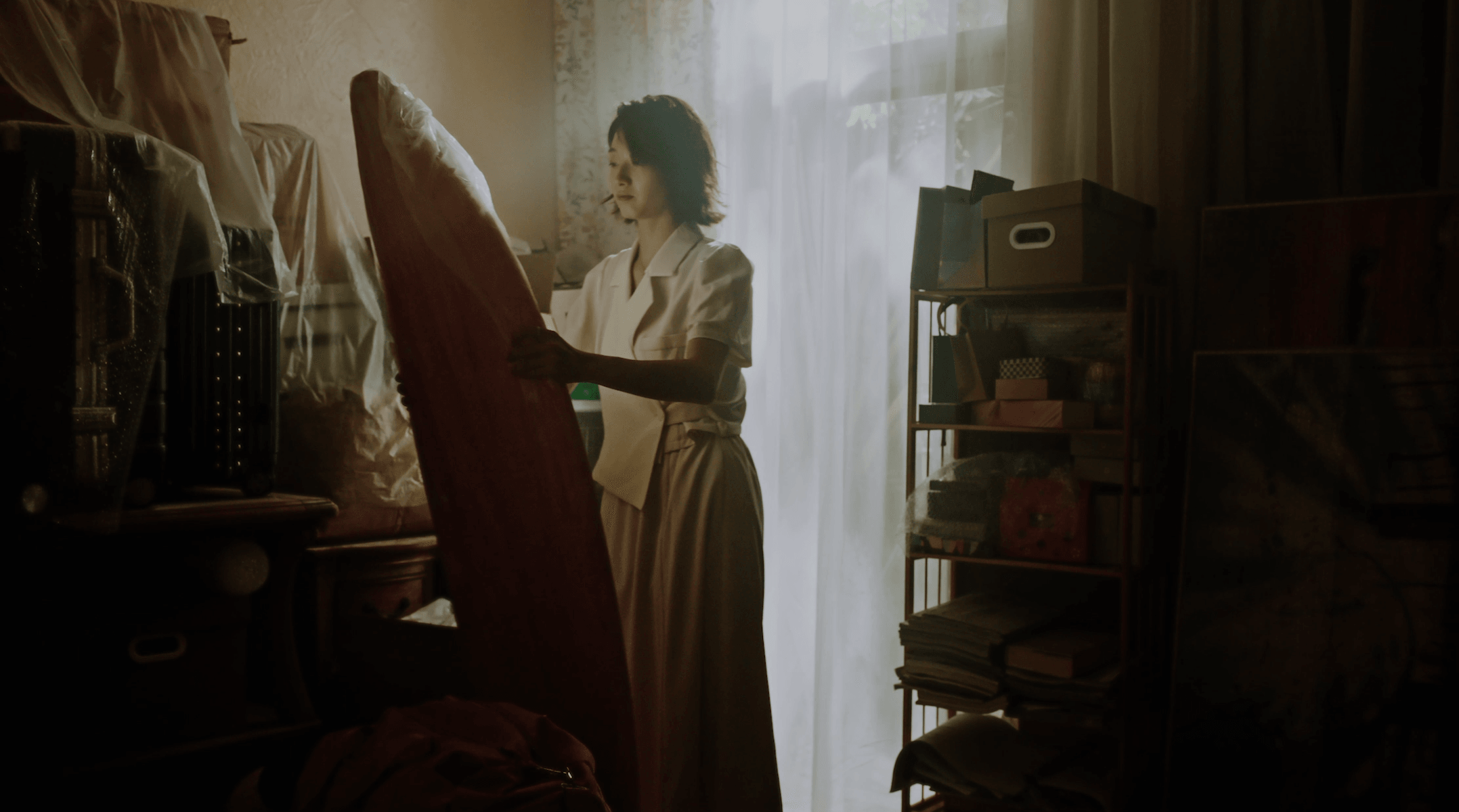
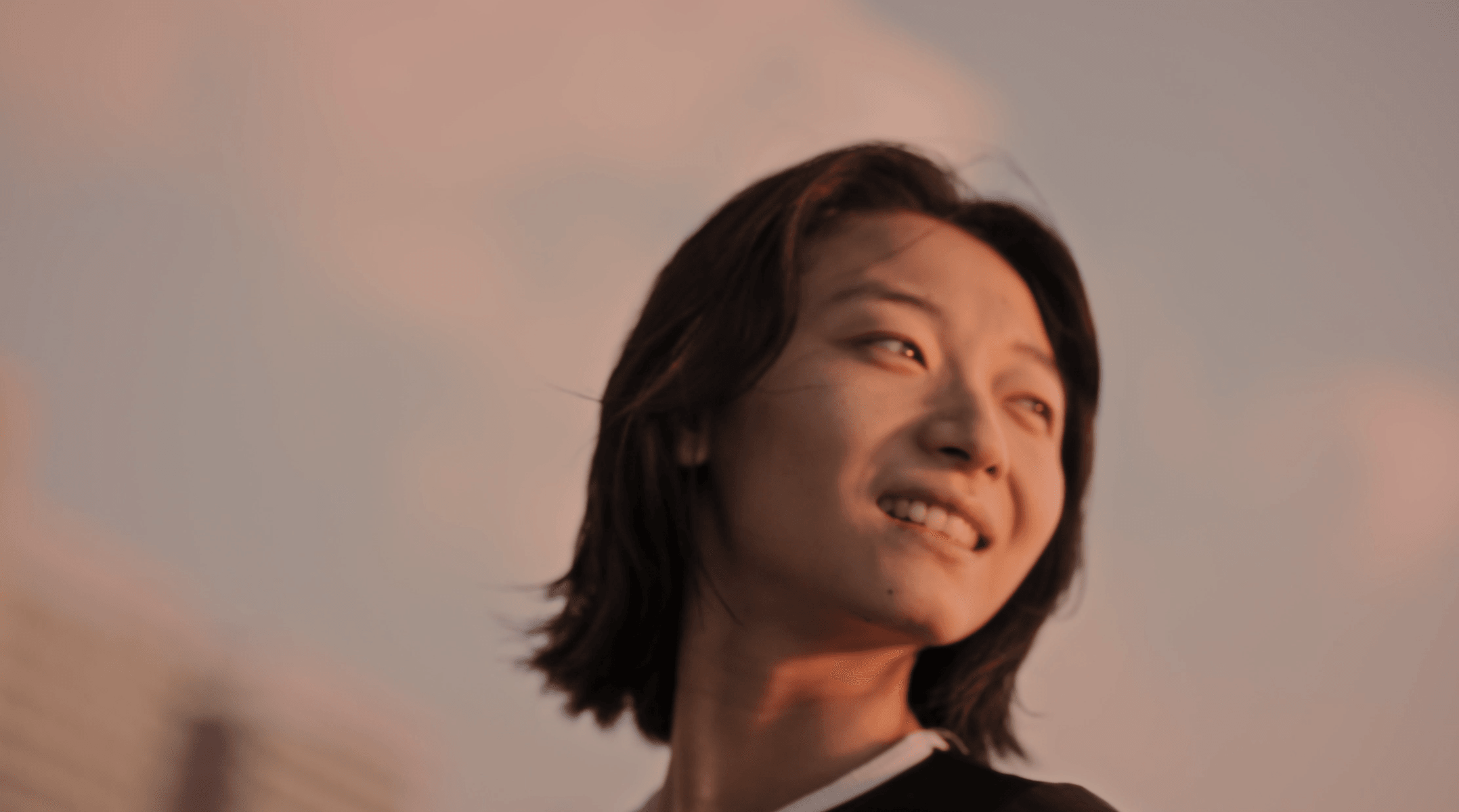
Let’s talk shop? Tell us more about your career, what can you share with our community?
I graduated with a Master’s degree in Directing from the School of Visual Arts (SVA) and am currently pursuing a second Master’s degree in Film Production with a focus on Editing at Chapman University. I previously worked as a TV director for large-scale programs on well-known Chinese networks such as CCTV, Hunan TV, Mango TV, and Dragon TV.
In 2022, I officially transitioned to film production and directed my first short film, Tomorrow Morning, which gained recognition at various international film festivals. My SVA thesis film, Three Trees, has also started screening at major film festivals and is winning awards.
However, the creative journey has not been smooth. The script for Tomorrow Morning began in 2020 and was finalized in 2022 after many revisions. The story is rooted in my evolving understanding of my relationship with my father and my own identity over the years. My father was largely absent during my childhood, and it wasn’t until I reached adulthood that we lived together again for a period of time. During this time, we both realized that our father-daughter relationship had grown beyond the simple “best friends” dynamic of my childhood. As adults, we came to a deeper understanding of responsibility, which led to a more profound and weighty bond between us.
Three Trees was inspired by the long-standing conflicts between my mother and me. The two main characters in the story are modeled after my mother and myself. It tells the intertwined stories of three generations of women—grandmother, daughter, and granddaughter. Through their narratives, the film portrays the traditional family dynamics that many Chinese people have experienced or are still experiencing, depicting the challenging exploration of love and intimacy, intertwined with mutual hurt and entanglement, leading to a life of contradictions and suppression. Each long-suppressed conflict eventually erupts to the surface, only to be glossed over in order to continue growing in a distorted form, akin to a chronic illness. The deep-rooted conflicts arising from these long-term family relationships are often impossible to eradicate, as the old Chinese saying goes, ‘Born from the same roots, one might never be able to separate.’ The film also explores the different statuses of women amidst changing times, as the tug-of-war between family and era influences these individuals. The grandmother represents the traditional values upheld by the people of the 1960s, while also hailing from rural Hunan, China, before moving to Shenzhen and residing in one of the oldest urban villages after the reform and opening-up. The urban village stands as a scar on the magnificent modern city of Shenzhen, nurturing characters like the protagonist, Hua Li, who embodies the cultural qualities of the Guangdong-Hong Kong region. Lastly, the granddaughter embodies the vitality of the post-2000 generation, reflecting Hua Li’s defiance of the mainstream educational views of her grandmother’s generation, while also serving as a projection of Hua Li’s idealized childhood. This story hides many of my own life experiences as the director and screenwriter. The protagonist, Hua Li, is how I imagine my mother might have turned out if she had given birth to me ten years earlier—how I might have lived at thirty years old. The self-narrated grandmother in the film portrays the real personality and image of my mother. Lastly, the family in the film was shot in the actual home where my mother and I lived for a long time, with all the settings maintaining their real-life appearances. The space itself plays an important role in the narrative of this short film, where everything that one is reluctant to part with, yearns for, or believes in, converges to form their tangible spiritual space.

Any places to eat or things to do that you can share with our readers? If they have a friend visiting town, what are some spots they could take them to?
In August of this year, I moved from downtown LA to the Irvine area in Orange County. My best friend in the U.S. often takes me to the Laguna Hills area, where we enjoy peaceful and elegant moments. We buy gelato from a charming small town, then stroll down the hillside, watching the sunset cast a golden glow on the vintage yellow-and-blue minibuses. The trees by the sea are sculpted by the wind, and perhaps the people sitting on the benches beneath them have witnessed the warm embraces between my friend and me.
I’m particularly fond of Laguna Village by the cliffs. Even when my friend flew back to New York from LA, I would drive there alone. I often come across live performances by local bands at the cozy tavern, playing cheerful and melodious tunes, with groups of happy people dancing and singing together. After enjoying a hearty meal at one of the cliffside restaurants, I wander through the village, capturing the beauty of each store with my phone. The village offers Bohemian-style clothing, unique handmade crafts, seashell jewelry, and artworks by local artists.
At night, the shop owners pause their work to watch the band perform or sit on blue window sills, under yellow star-shaped lights, chatting with a few friends. Sometimes, even adorable dogs make an appearance, and all of this makes me want to incorporate these moments into my films.
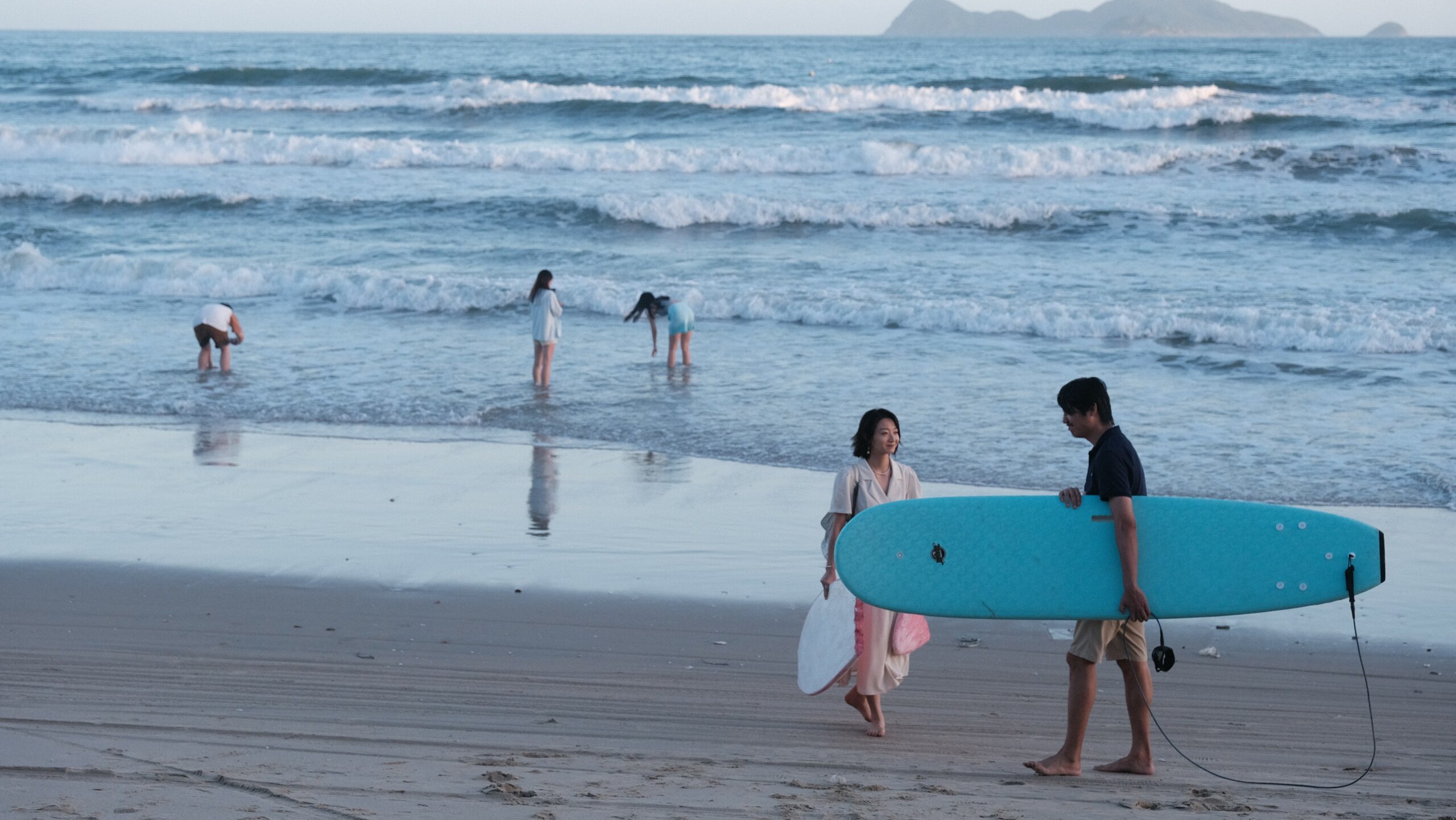
The Shoutout series is all about recognizing that our success and where we are in life is at least somewhat thanks to the efforts, support, mentorship, love and encouragement of others. So is there someone that you want to dedicate your shoutout to?
Shoutout to my parents, for their unwavering support as I pursue my passion for filmmaking, even after their divorce. My father’s new family has embraced me with unconditional support, and their encouragement has been a constant source of strength. At the same time, my mother, despite the challenges of her own life, has been incredibly open and brave in allowing me to explore and tell her story. Her willingness to reveal her deepest traumas has given me a profound sense of responsibility and inspiration. Without their love, guidance, and trust, I wouldn’t be able to follow my dreams as I do today.
Instagram: lujingshu1
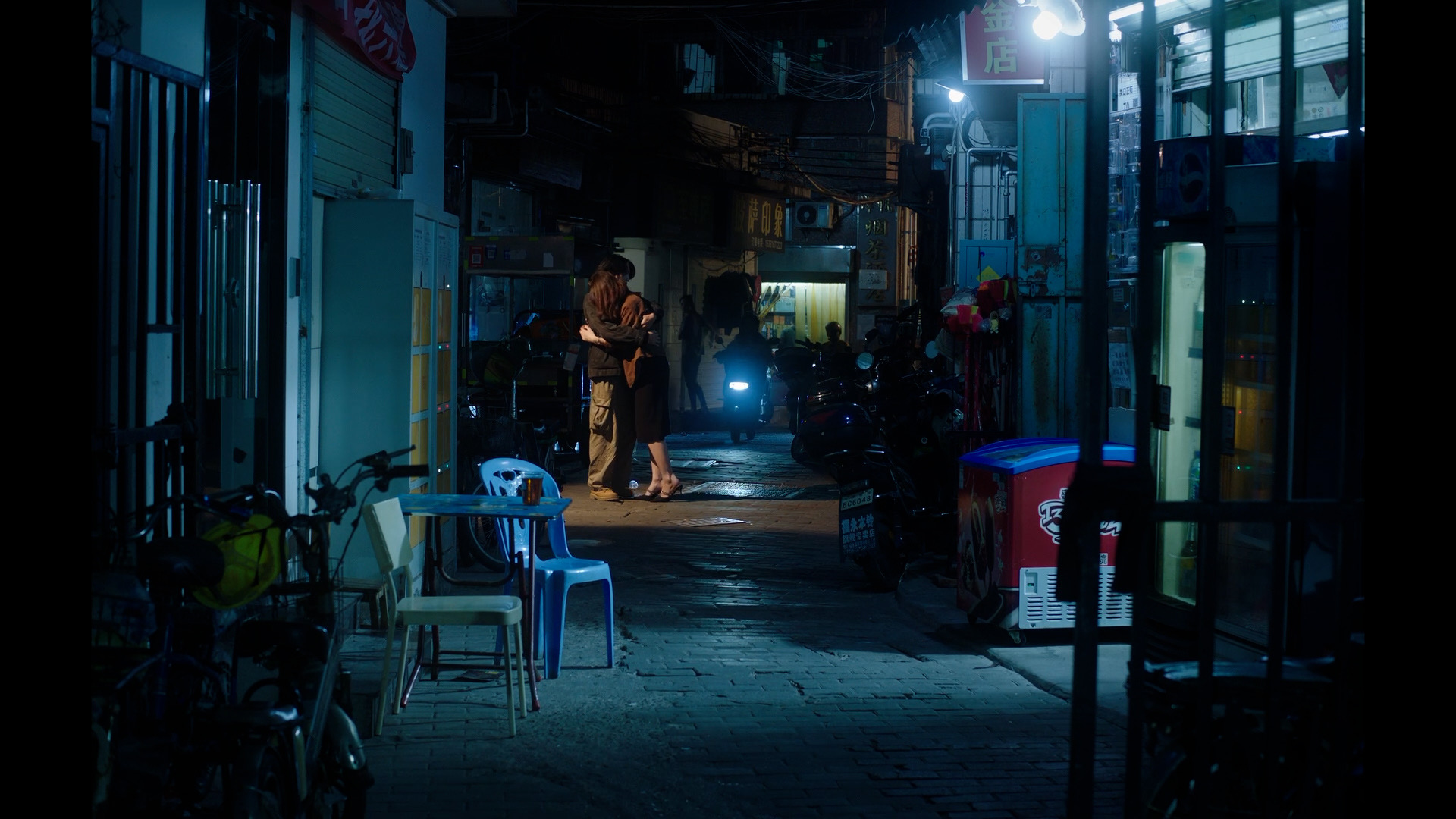
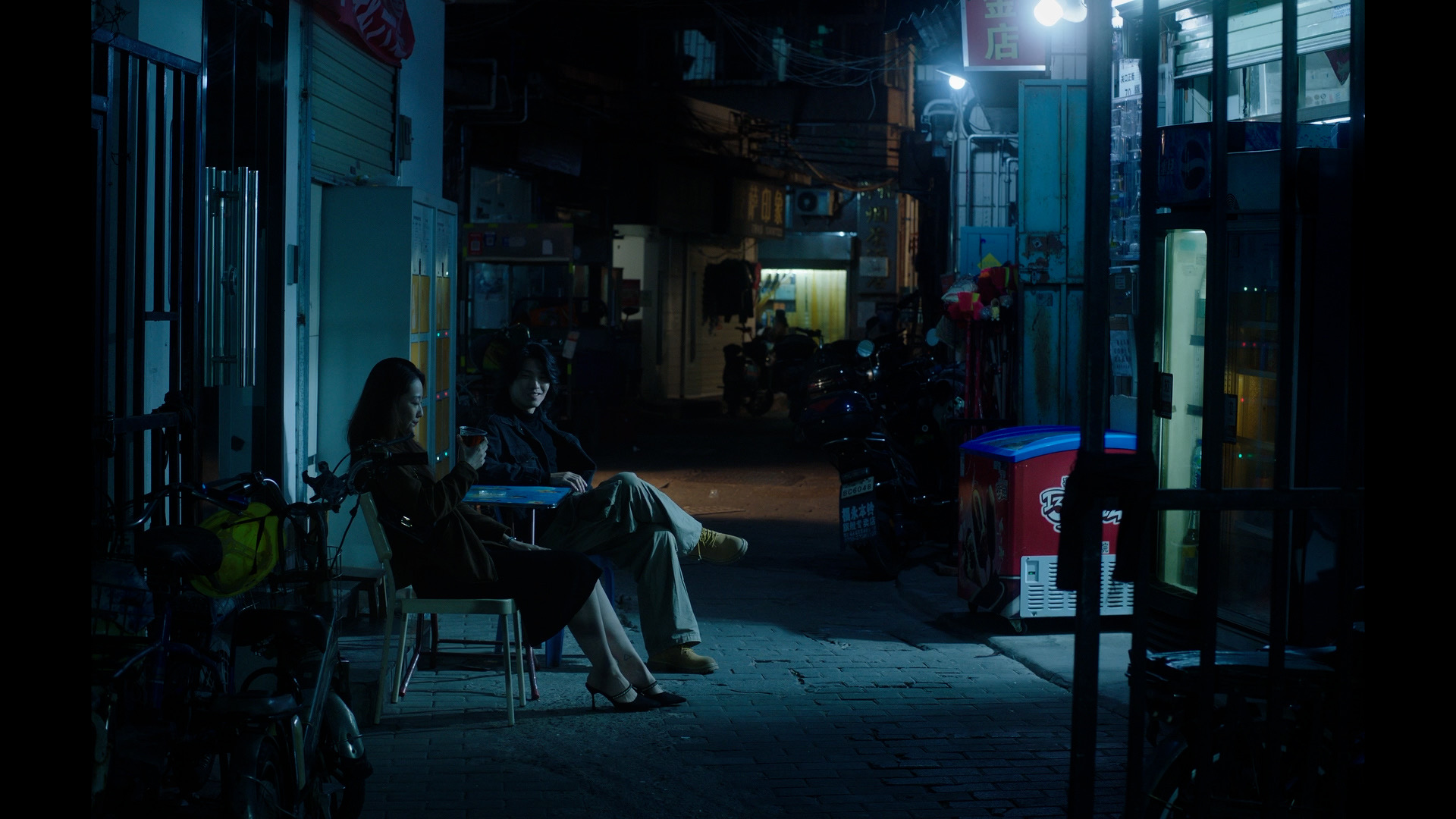
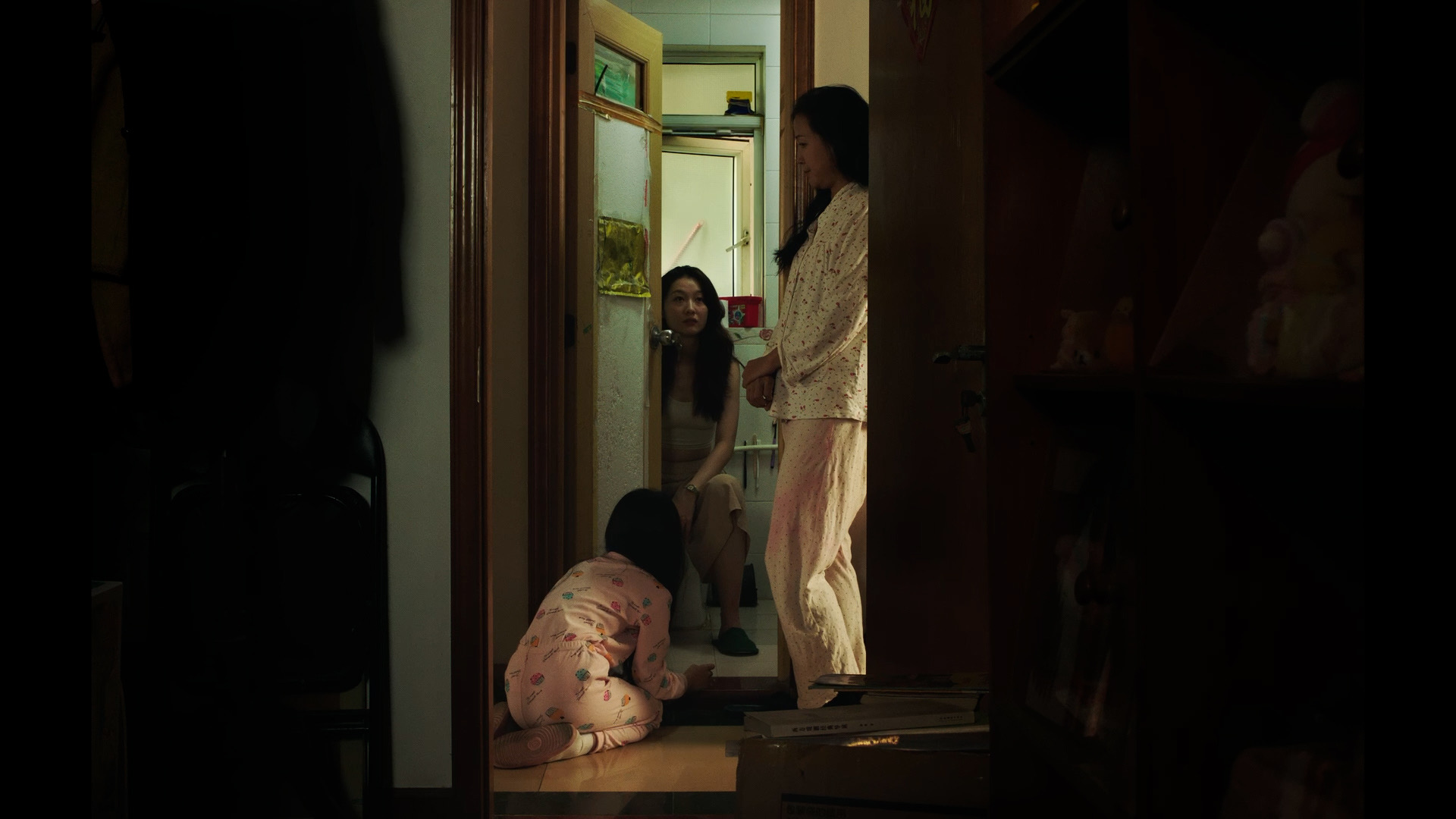
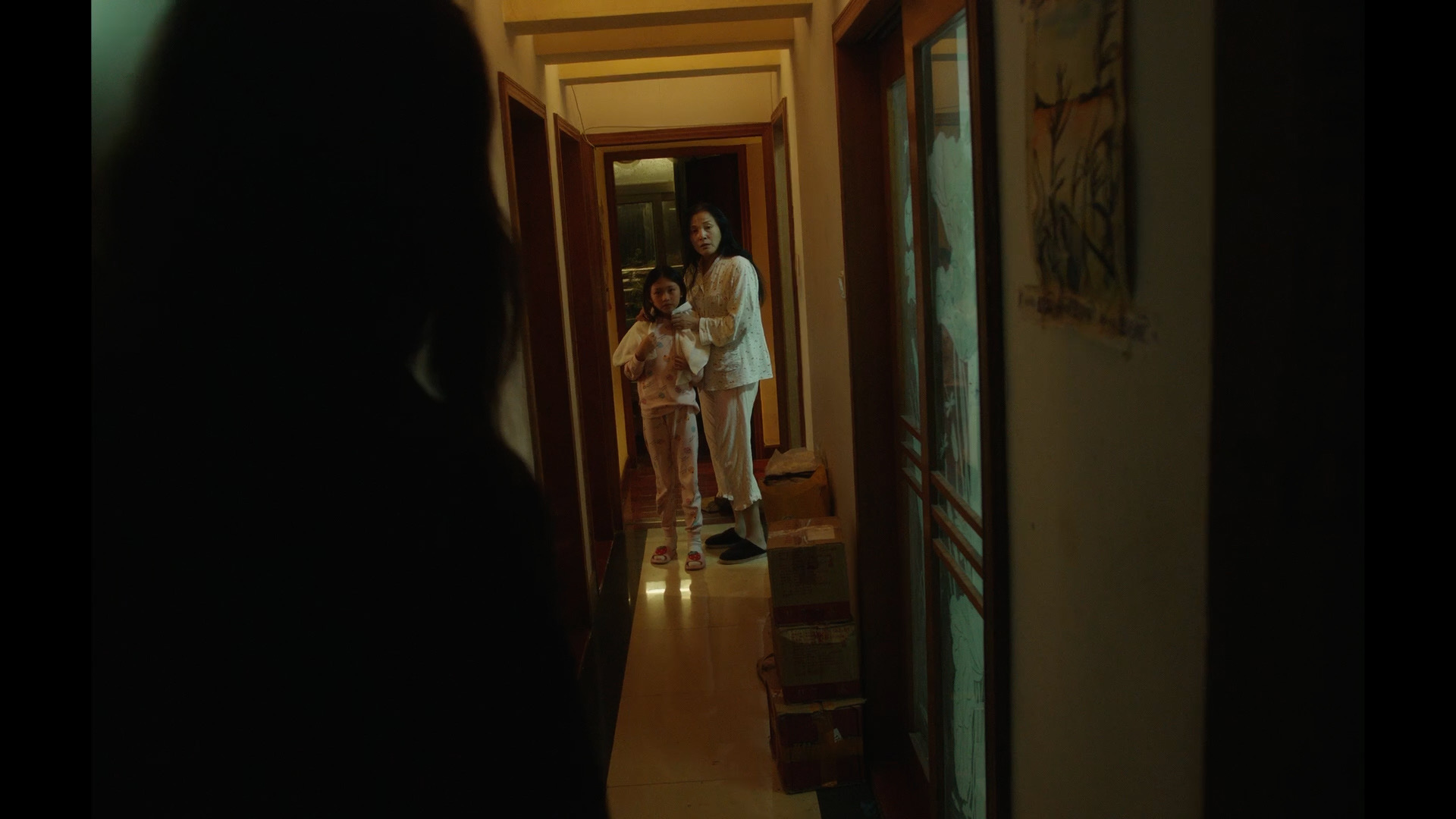
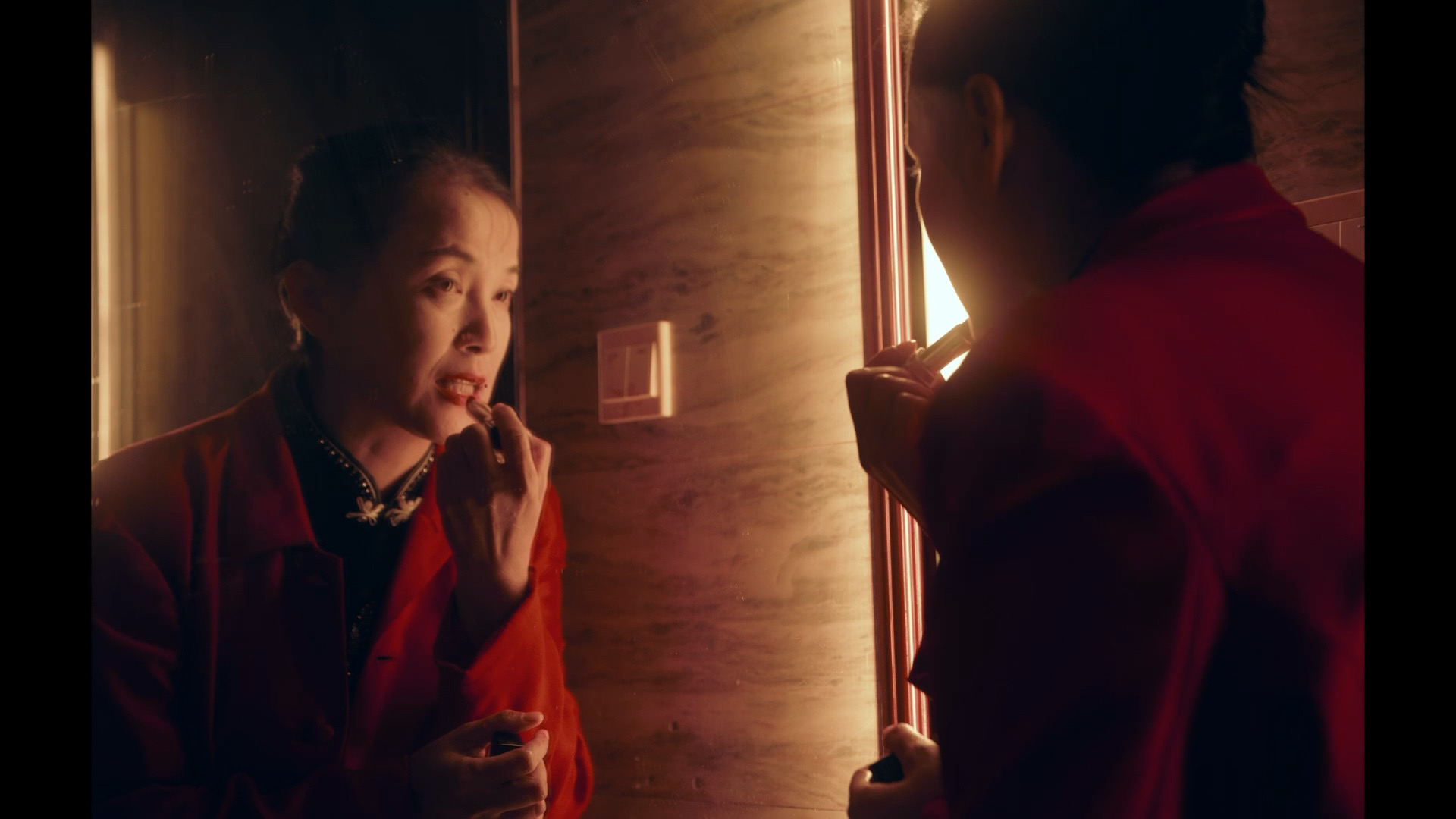
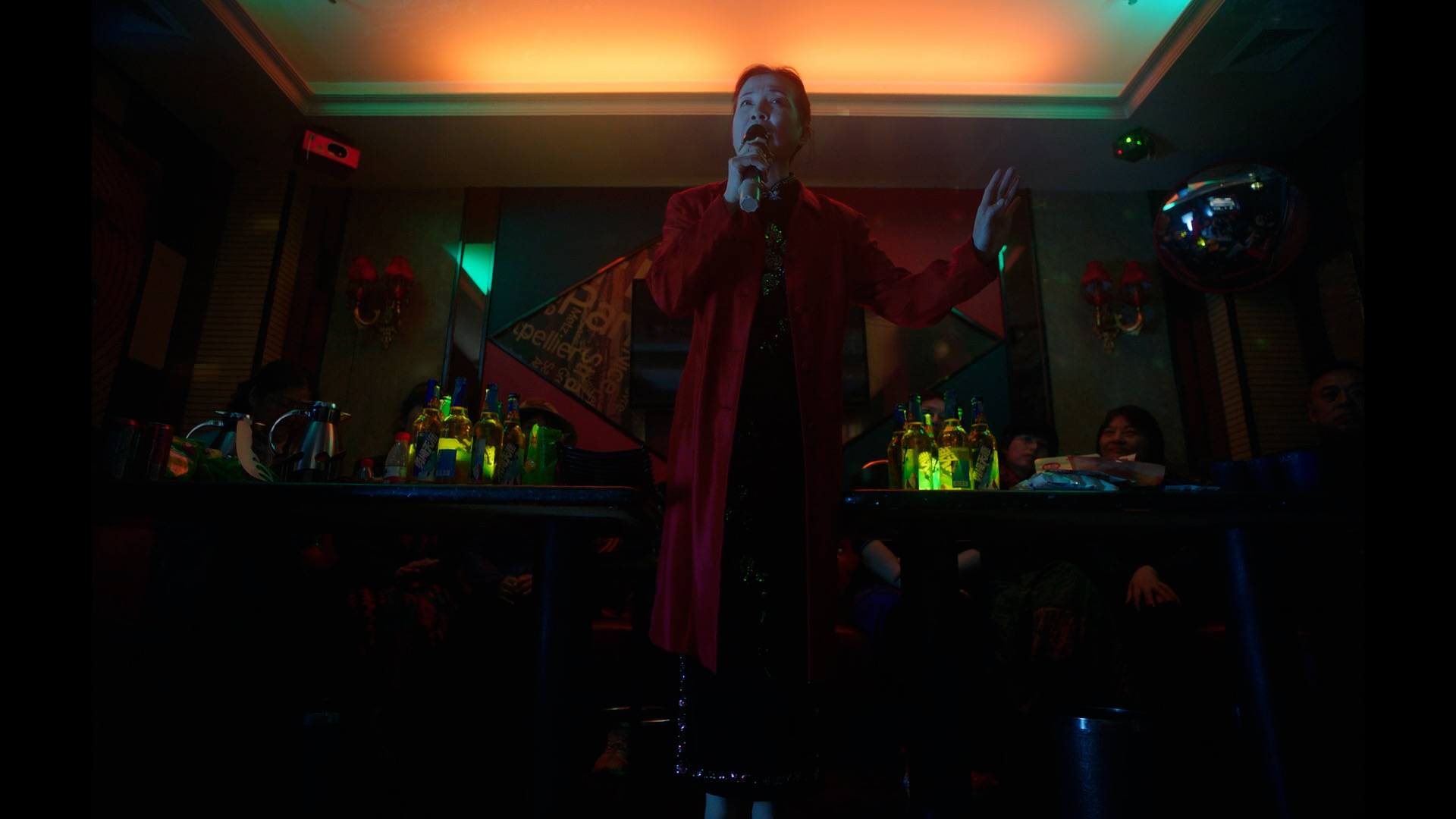
Image Credits
Jingshu Lu
